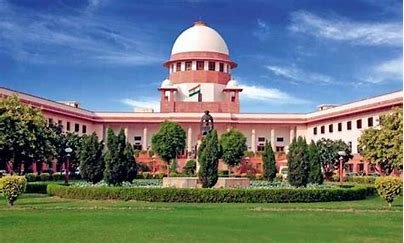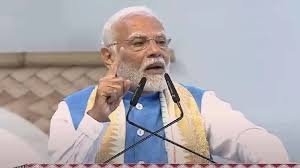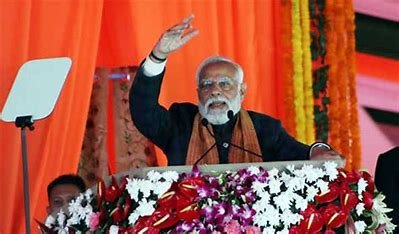By our legal correspondent
New Delhi, Aug 10 (IVC) The Supreme Court on Aug 09 stayed a directive issued by a private college in Maharashtra prohibiting Muslim women students from wearing hijab or other symbols of their faith on campus.
The Bench of justices Sanjiv Khanna and Sanjay Kumar asked the lawyers appearing for the Mumbai-based N G Acharya and D K Marathe College, “Will you ban students from wearing a bindi or a tilak?
Justice Khanna said students should be allowed to mingle and study together. Justice Kumar questioned the college’s reasoning that the instruction was intended to draw attention away from the religion of students and to treat everyone equally on the campus despite their faith. “Will their names not reveal religion? “Will you ask them to be identified by numbers?” he asked .
The college, represented by senior advocate Madhavi Divan had justified that the instruction was to maintain a equanimous academic atmosphere on the campus. The Bench asked whether the college had suddenly woken up to the fact that this was a religiously diverse country. It listed the case for hearing n November.
A few Muslim students, led by Zainab Abdul Qayyum Choudhary, had appealed to the top court against a Bombay High Court decision on June 26, confirming the dress code policy issued by the Chembur Trombay Education Society’s N G Acharya ad D K Marathe College.
The row over wearing hijab in educational institutions had earlier reached the Supreme Court in a case from Karnataka. Fathima Bushra, a student of the Government P U College in Karnataka, had at the time challenged her “debarment” from attending regular classes for wearing hijab. She had argued that her petition raised urgent questions about “essential”religious practices of Muslims, who constitue 18 per cent of the population. She had said the row over hijab should not be seen by the court as a solitary incident but “the latest in a long line of events that have threatened the secular fabric of our society and policy, a number of which are sub judice before the Supreme Court and other courts in the country”.




